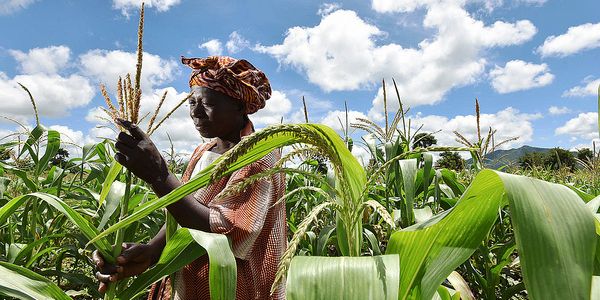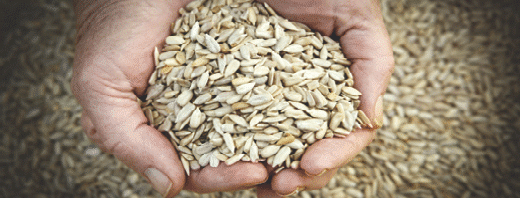
Improving the accuracy of essential African weather forecasts
A comprehensive new handbook about weather forecasting in West Africa could help safeguard lives and resources in the region.

A comprehensive new handbook about weather forecasting in West Africa could help safeguard lives and resources in the region.

The University has given the seal of approval to the proposed plans to integrate Engineering and Physical Sciences on the north eastern part of campus.

The value to the economy of the N8, the eight most research-intensive universities in the North, is almost double that of the entire Premier League, a report reveals today.

The impacts of climate change are already being felt in the UK and urgent action is needed, concludes a report published today.

Crop yields will fall within the next decade due to climate change unless immediate action is taken to speed up the introduction of new and improved varieties, experts have warned.

A study of more than 6,000 marine fossils from the Antarctic shows that the mass extinction event that killed the dinosaurs was sudden and just as deadly to life in the polar regions.

The significant impact of Leeds’ research will be showcased before judges from the Biotechnology and Biological Sciences Research Council (BBSRC) this week.

A new study warns of the risks posed by the increasing air pollution over the cities of West Africa - amid fears it could have an impact on human health, meteorology and regional climate.

Growing alarm at environmentally unsustainable clothing consumption can only be addressed by more government support for retailers and their customers, a University of Leeds academic has argued.

The University of Leeds will be driving innovation in food security after a new multi-million pound research grant was awarded by government.